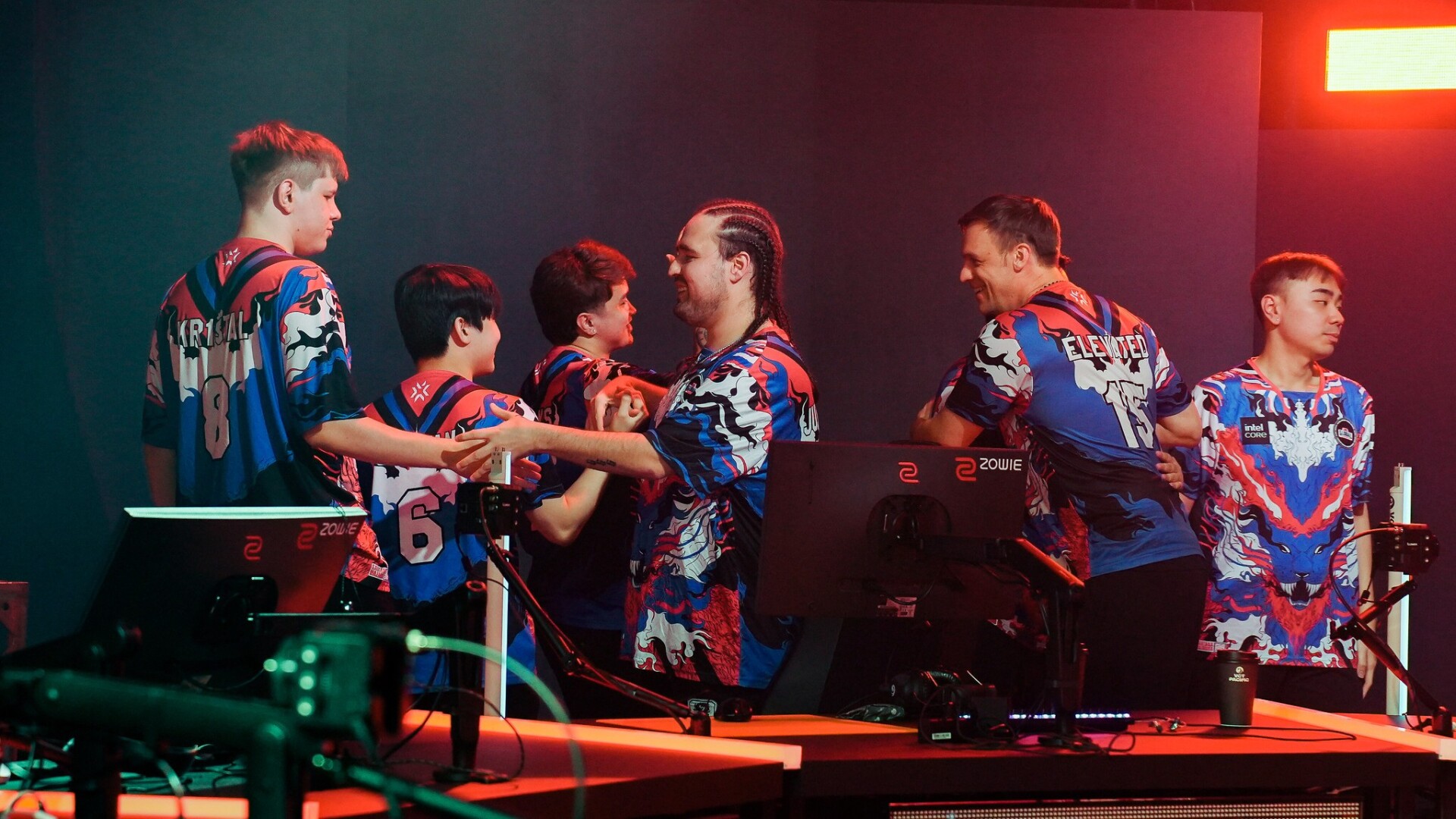The integration of Artificial Intelligence (AI) into esports coaching is revolutionizing how players train and strategize. AI-driven tools can analyze vast amounts of gameplay data to identify patterns and areas for improvement, providing personalized feedback that was previously unattainable. For instance, AI systems can assess a player’s in-game decisions, reaction times, and tactical approaches, offering tailored recommendations to enhance performance. This technological advancement is not only elevating individual skill levels but also transforming team dynamics by enabling more informed strategic planning.
Beyond individual coaching, AI is also enhancing the spectator experience in esports. Advanced algorithms can generate real-time analytics and predictive insights during live matches, offering audiences a deeper understanding of the game. This level of engagement mirrors traditional sports broadcasting enhancements, making esports more accessible and enjoyable for a broader audience. Moreover, AI-powered virtual commentators and analysts are beginning to emerge, providing dynamic and context-aware commentary that enriches the viewing experience.
The adoption of AI in esports coaching and broadcasting signifies a pivotal shift towards data-driven methodologies in competitive gaming. As these technologies continue to evolve, they promise to further professionalize the esports industry, offering players and teams sophisticated tools to gain a competitive edge. However, this progression also raises considerations regarding data privacy and the balance between technological assistance and human intuition in gameplay. Navigating these challenges will be crucial as the esports landscape continues to integrate AI into its core practices.







Leave a Reply